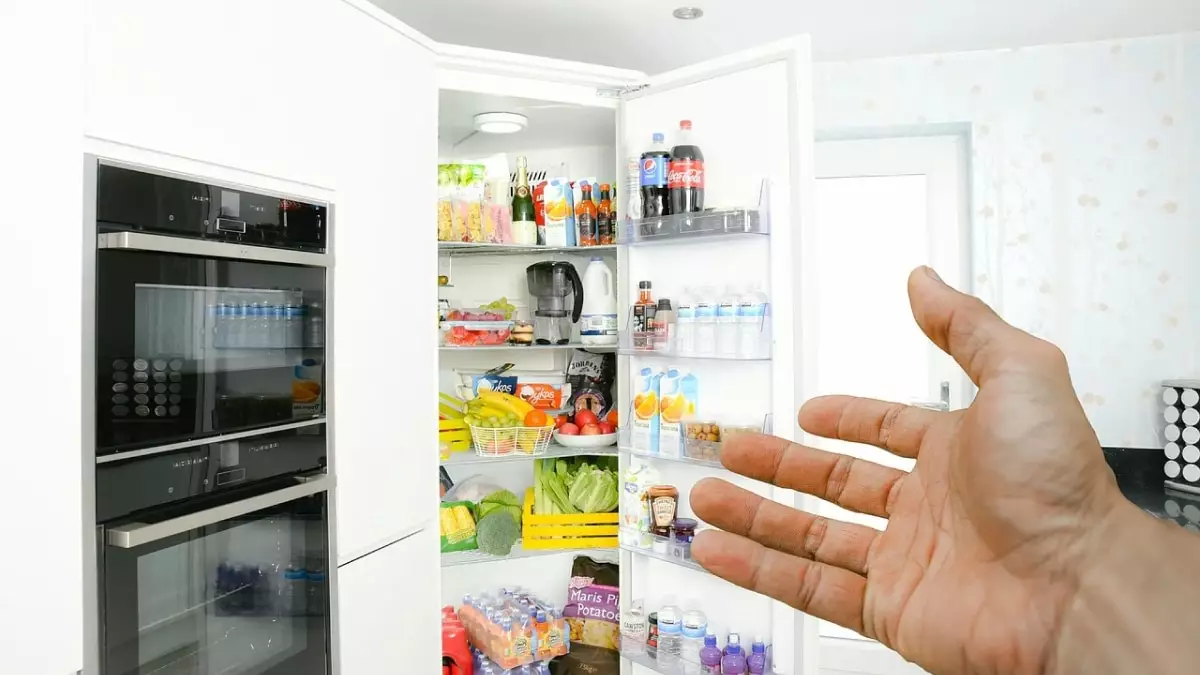As the global demand for refrigeration and cooling systems continues to rise, the environmental impact of traditional technologies has become increasingly concerning. Conventional refrigeration and air conditioning systems primarily operate using liquid refrigerants that absorb and release heat through evaporation and condensation cycles. However, these liquid-based systems carry a significant downside: leaks during operation or disposal can lead to the release of greenhouse gases. These emissions contribute to global warming and escalate the climate crisis we face today. In light of these issues, researchers are exploring innovative alternatives that can provide effective cooling without the environmental repercussions that liquid refrigerants present.
Researchers at Deakin University have unveiled a revolutionary approach to cooling: leveraging plastic crystals with a unique capacity to adapt under pressure. Unlike traditional refrigerants, these plastic crystals undergo dramatic changes in their molecular structure when subjected to varying levels of pressure. This transformative process allows them to absorb heat effectively when pressure is released, thus achieving efficient cooling without harmful emissions.
The operational range of these plastic crystals is particularly noteworthy. They are effective at temperatures between -37 degrees Celsius and 10 degrees Celsius, making them suitable for household refrigeration and freezing requirements. This capability marks a significant advancement over previous experimental materials that only functioned effectively at much higher ambient temperatures. Hence, the introduction of plastic crystals could represent a critical step toward environmentally friendly cooling technologies in residential and commercial settings alike.
Despite the potential benefits of this technology, there are notable challenges that must be addressed before plastic crystals can be widely adopted. A report from New Scientist highlights a major limitation: the necessity for extreme pressure conditions, akin to those found thousands of meters beneath the ocean. This requirement presents a considerable hurdle for practical implementation in typical consumer and industrial applications. Dr. Jenny Pringle, a key researcher in the study, has acknowledged these challenges, urging for further research and development aimed at refining the technology to make it feasible for everyday usage.
Additionally, the long-term performance of these plastic crystals prompts concern among experts. Bing Li from the Chinese Academy of Sciences has pointed out the possible decline in the crystals’ heat absorption capacity over time due to molecular strain. Nevertheless, he remains optimistic about the technology’s potential to advance further.
With the cooling industry responsible for a significant percentage of global energy consumption, alternatives to traditional refrigeration systems are crucial for reducing carbon emissions. David Boldrin from the University of Glasgow describes the new crystal technology as having the potential to decarbonize the cooling sector significantly. As research continues to evolve and address existing barriers, there is hope that this innovative technology can transition from the laboratory to commercial use.
While challenges persist, the development of plastic crystal-based cooling systems heralds a new era in sustainable refrigeration. By continuing to invest in research and refinement, we might soon see a viable, environmentally friendly cooling solution that could substantially diminish the ecological footprint of refrigeration systems worldwide.



Leave a Reply